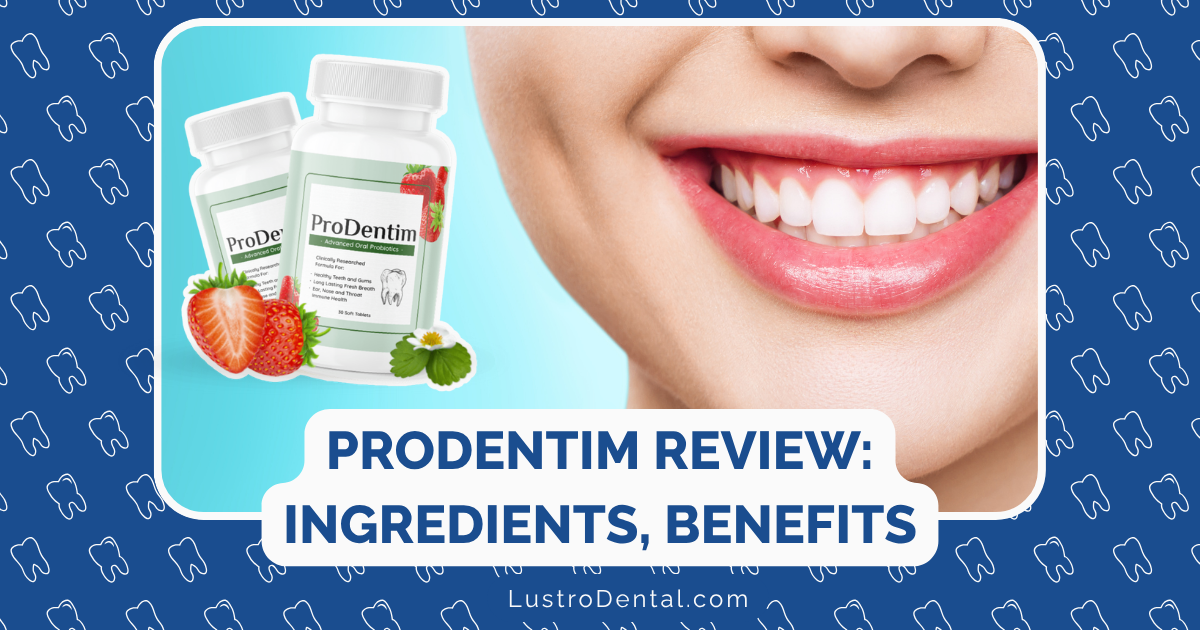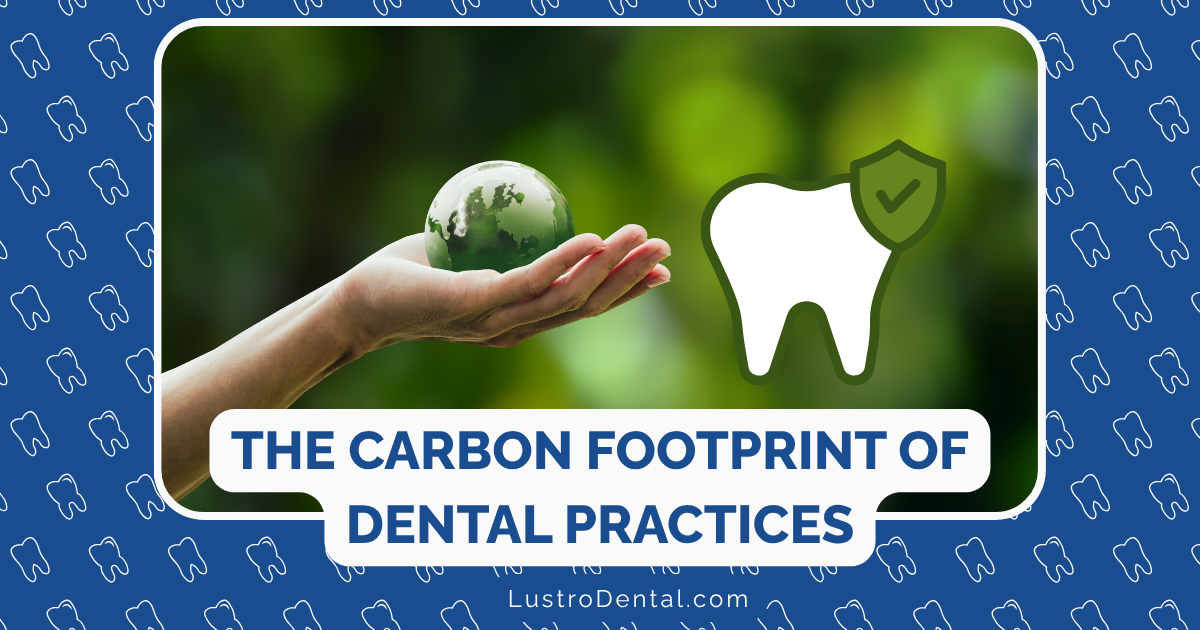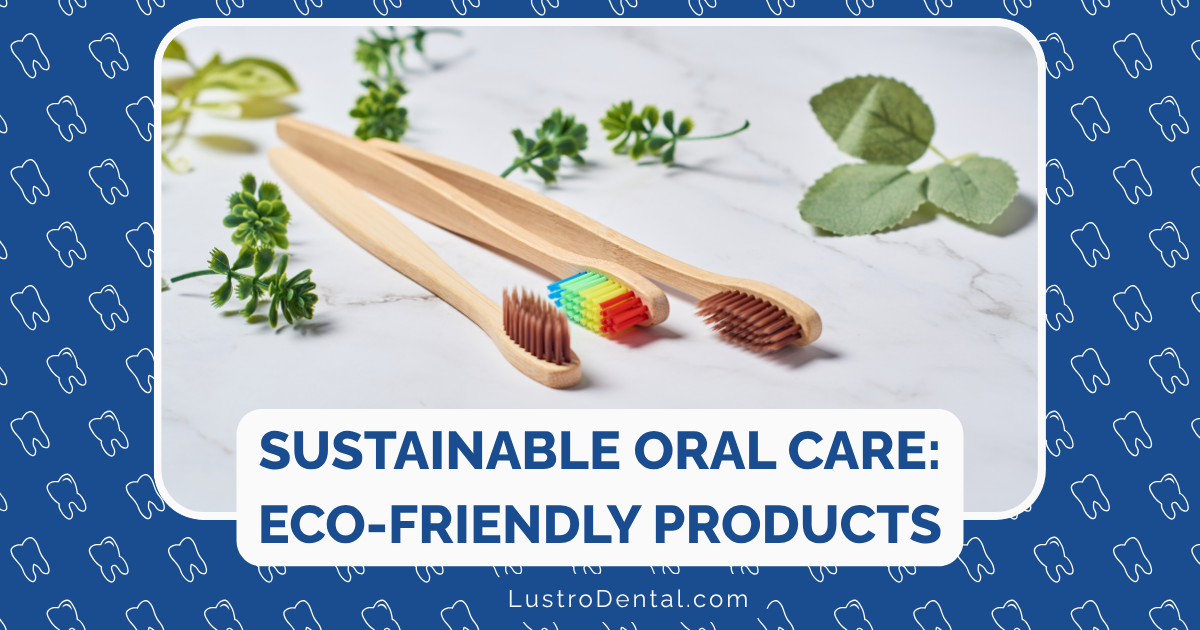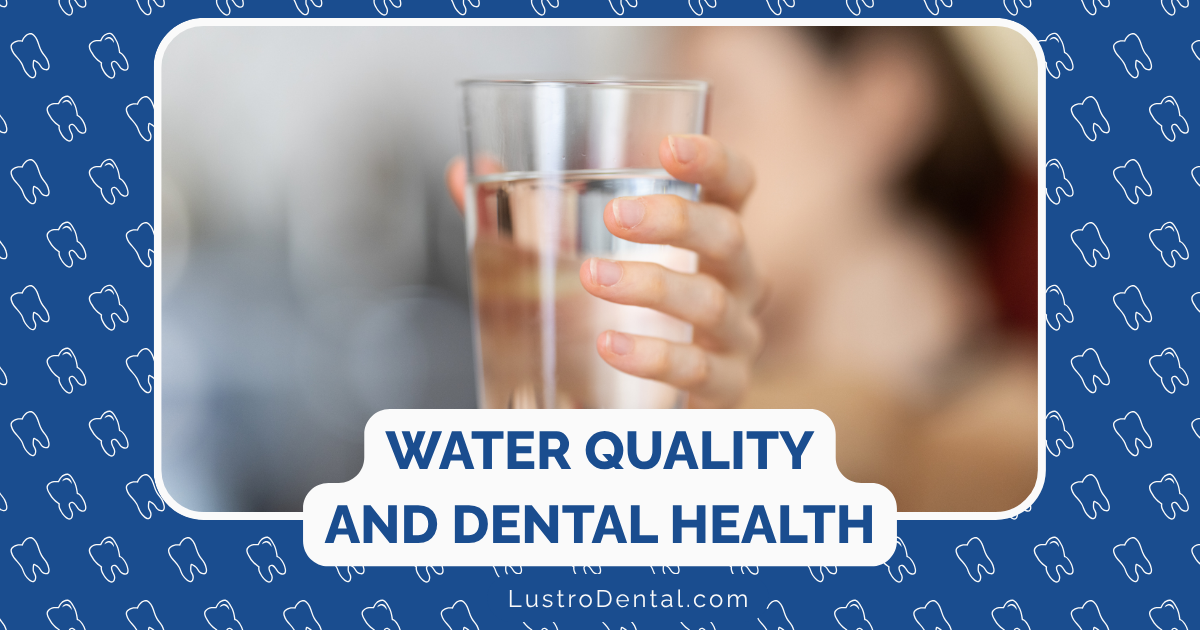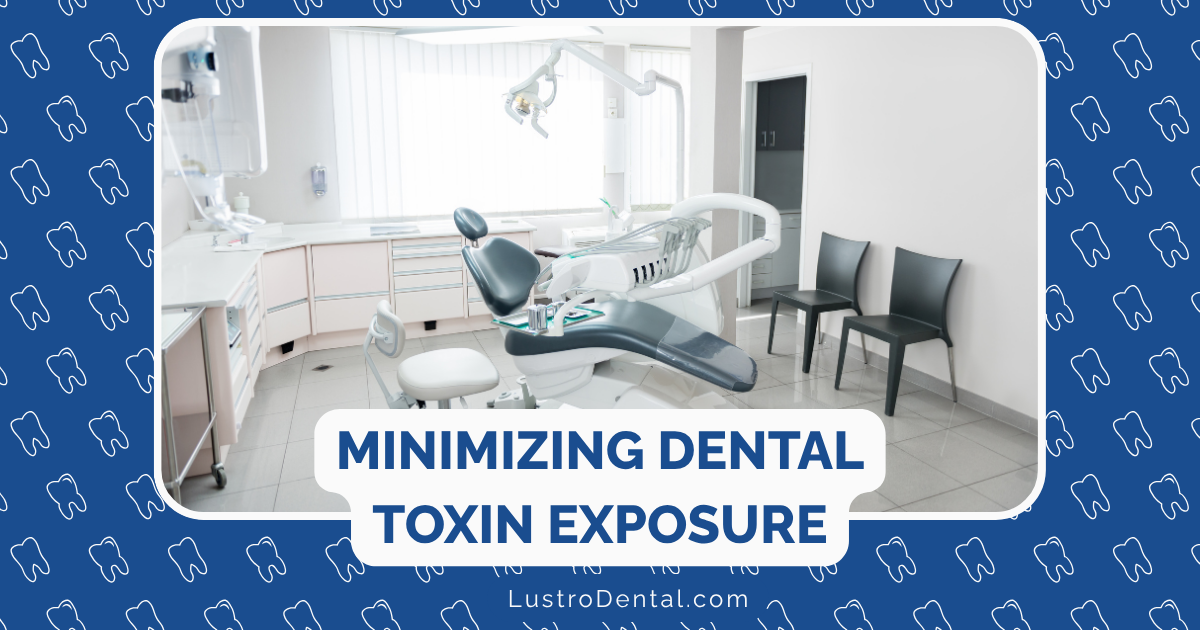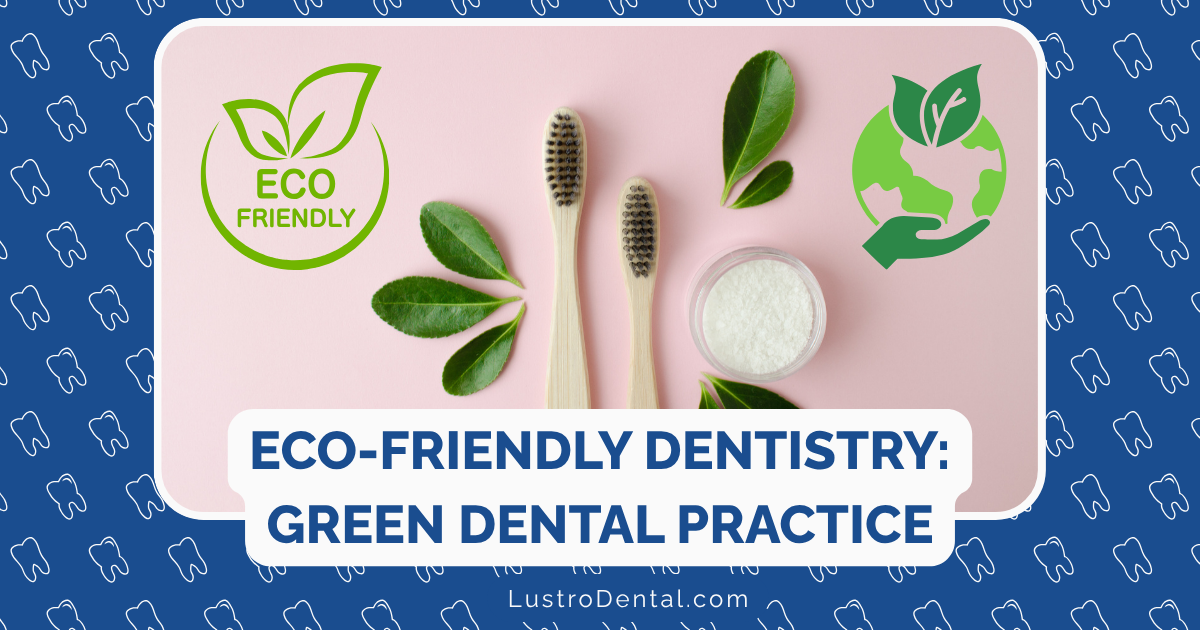Vitamin D and Calcium: The Essential Foundation for Lifelong Dental Health
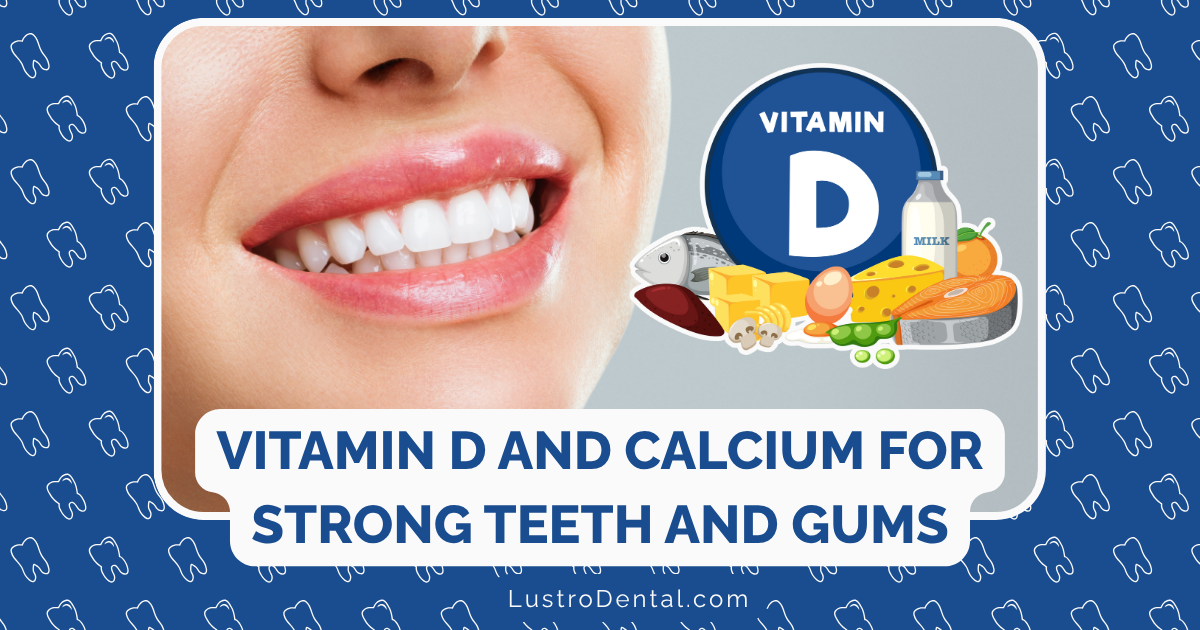
When we think about dental health, brushing, flossing, and regular dental check-ups typically come to mind first. While these practices are undeniably important, there’s another crucial aspect of oral health that often gets overlooked: nutrition. Specifically, vitamin D and calcium play fundamental roles in developing and maintaining strong teeth and healthy gums throughout our lives.
As a dental health advocate, I’ve seen firsthand how nutritional deficiencies can undermine even the most diligent oral hygiene routines. Let’s explore why these two nutrients are so vital for your smile and how you can ensure you’re getting enough of them.
The Dynamic Duo: How Vitamin D and Calcium Work Together
Calcium and vitamin D have a special relationship when it comes to your oral health—they’re essentially partners that can’t function optimally without each other.
Calcium: The Building Block
Calcium is the most abundant mineral in your body, with about 99% stored in your bones and teeth. In your teeth, calcium forms hydroxyapatite, the mineral complex that gives tooth enamel its strength and hardness. This mineral is what allows your teeth to withstand years of biting, chewing, and temperature changes without wearing down.
But here’s the crucial part: your body cannot effectively use calcium without adequate vitamin D.
Vitamin D: The Master Regulator
Vitamin D serves as a key that unlocks your body’s ability to absorb calcium from your diet. Without sufficient vitamin D:
- Calcium absorption in your intestines decreases significantly
- Your body may pull calcium from your bones and teeth to maintain essential functions
- New tooth development in children can be compromised
- Existing teeth and supporting bone structure can weaken over time
Research published in the Journal of the American Medical Association found that vitamin D plays a critical role not just in calcium absorption but also in immune function and reducing inflammation—both important factors in gum health.
The Impact on Your Dental Health
The effects of vitamin D and calcium extend throughout your entire oral cavity:
1. Tooth Development and Structure
Children need adequate amounts of both nutrients during tooth formation. A study in the Journal of Dental Research found that children with vitamin D deficiency had a significantly higher risk of developing enamel defects and cavities.
For adults, these nutrients help maintain tooth mineral density. Your teeth are constantly undergoing a process of demineralization (losing minerals) and remineralization (gaining minerals back). Sufficient calcium and vitamin D help ensure this balance tips toward remineralization.
2. Gum Health and Periodontal Disease
Vitamin D has powerful anti-inflammatory properties that may help combat periodontal (gum) disease. Research published in the Journal of Periodontology found that individuals with higher blood levels of vitamin D had a lower risk of gum disease.
Additionally, vitamin D activates antimicrobial peptides in your mouth that help fight the bacteria responsible for gum disease and tooth decay.
3. Jaw Bone Density
The alveolar bone—the specialized bone that surrounds and supports your teeth—requires calcium for strength and density. Without enough calcium and vitamin D, this bone can weaken, potentially leading to tooth mobility and even tooth loss over time.
A landmark study in the American Journal of Medicine found that elderly individuals who took calcium and vitamin D supplements had significantly reduced tooth loss compared to those who didn’t take supplements.
4. Saliva Quality
Calcium plays a role in maintaining the proper mineral content of your saliva. Calcium-rich saliva helps neutralize acids and remineralize teeth after acid exposure from foods and drinks.
Signs of Deficiency Affecting Your Oral Health
How do you know if you might be deficient in these crucial nutrients? Look out for these warning signs in your mouth:
- Delayed tooth eruption in children
- Weakened enamel that chips or cracks easily
- Increased susceptibility to cavities despite good oral hygiene
- Bleeding gums that don’t improve with better brushing and flossing
- Persistent dry mouth
- Burning sensation in the mouth
- Increased tooth sensitivity
- Tooth mobility without apparent injury
Remember that these symptoms can have multiple causes, but nutrient deficiencies should be considered as potential contributors.
Getting Enough: Recommended Intake and Sources
So how much of these nutrients do you need, and where can you get them?
Recommended Daily Intake
According to the National Institutes of Health, the recommended dietary allowances are:
Vitamin D:
- Infants 0-12 months: 400 IU (10 mcg)
- Children and Adults up to age 70: 600 IU (15 mcg)
- Adults over 70: 800 IU (20 mcg)
Calcium:
- Children 1-3 years: 700 mg
- Children 4-8 years: 1,000 mg
- Children 9-18 years: 1,300 mg
- Adults 19-50: 1,000 mg
- Women 51-70: 1,200 mg
- Men 51-70: 1,000 mg
- All adults over 70: 1,200 mg
Natural Food Sources
Vitamin D Sources:
- Fatty fish (salmon, mackerel, tuna)
- Egg yolks
- Mushrooms exposed to UV light
- Fortified foods (milk, orange juice, cereals)
- Sunlight exposure (your skin produces vitamin D when exposed to sunlight)
Calcium Sources:
- Dairy products (milk, yogurt, cheese)
- Leafy greens (kale, collard greens, bok choy)
- Sardines and canned salmon (with bones)
- Tofu (made with calcium sulfate)
- Almonds and almond milk
- Fortified foods (orange juice, cereals, plant milks)
Supplements: When and How
While getting nutrients from food is ideal, supplements may be necessary for some people. Consider supplements if you:
- Live in northern climates with limited sun exposure
- Have dark skin (which reduces vitamin D production from sunlight)
- Are over 50 (as absorption efficiency decreases with age)
- Follow a vegan diet
- Have certain medical conditions that affect nutrient absorption
- Take medications that interfere with vitamin D metabolism
If you decide to supplement, keep these tips in mind:
- Choose the right form: Vitamin D3 (cholecalciferol) is generally better absorbed than D2 (ergocalciferol).
- Consider timing: Calcium supplements are best absorbed when taken in smaller doses (500mg or less) throughout the day rather than all at once.
- Check for interactions: Some medications can interact with calcium supplements, so consult your healthcare provider.
- Look for quality: Choose supplements tested by third-party organizations like USP or NSF International.
Beyond Supplements: Lifestyle Factors
Optimizing your vitamin D and calcium levels isn’t just about diet and supplements. These lifestyle factors also play important roles:
Weight-Bearing Exercise
Physical activity, particularly weight-bearing exercise, helps your body utilize calcium more effectively for bone and tooth health. Activities like walking, jogging, dancing, and resistance training send signals to your body to maintain bone density.
Limiting Phosphorus-Heavy Foods
Excessive phosphorus (found in sodas and processed foods) can interfere with calcium absorption. Maintaining a balanced intake of these minerals is important for dental health.
Moderating Acid-Forming Foods
Highly acidic foods and beverages can leach calcium from your teeth. While you don’t need to eliminate them entirely, balance them with alkaline foods like fruits and vegetables.
Addressing Grinding and Clenching
If you grind or clench your teeth (bruxism), you’re putting extra stress on tooth structures that need adequate minerals to remain strong. Consider discussing this with your dentist if you suspect it’s an issue.
Special Considerations Across Life Stages
Your needs for vitamin D and calcium change throughout life, with certain periods requiring special attention:
Pregnancy and Early Childhood
Pregnant women need adequate vitamin D and calcium not only for their own health but for their baby’s developing teeth and bones. A child’s primary teeth begin forming in the womb, and deficiencies during this critical time can have lasting effects.
Research in the Journal of Dental Research found that maternal vitamin D levels during pregnancy significantly influenced their children’s dental health.
Adolescence
The teenage years represent a critical period for bone mass accumulation, with up to 90% of peak bone mass established by age 18. This foundation affects lifelong bone and dental health.
Menopause and Aging
Hormonal changes during menopause can accelerate bone loss, including in the jaw. Women over 50 typically need more calcium, and both men and women need more vitamin D as they age due to decreased absorption efficiency and reduced skin production.
Real-World Success: A Patient’s Journey
Let me share the story of Maria, a 42-year-old patient who came to me with recurring cavities despite meticulous oral hygiene. After discussing her diet and lifestyle, we discovered she had several risk factors for vitamin D deficiency: she worked long hours indoors, used high-SPF sunscreen whenever outside, and followed a dairy-free diet without appropriate calcium alternatives.
Blood testing confirmed low vitamin D levels. After six months of supervised supplementation and dietary changes, not only did her vitamin D levels normalize, but her dental health improved significantly. The rapid progression of decay stopped, and her gum inflammation decreased noticeably.
Maria’s case illustrates how addressing nutritional deficiencies can complement traditional dental care for optimal results.
Partnering With Your Dental Professional
Your dentist or dental hygienist can be valuable partners in optimizing your nutritional status for dental health:
- Discuss your diet during dental visits
- Ask about testing if you suspect deficiencies
- Report supplements you’re taking, as they may influence treatment decisions
- Consider nutritional counseling if your dental practice offers it
Some dental practices now offer salivary pH testing and other assessments that can provide insights into your mineralization status.
Conclusion: Building Your Foundation
Just as a house needs a solid foundation to withstand the elements, your teeth need the foundational support of adequate vitamin D and calcium to remain strong and healthy throughout life. While brushing, flossing, and regular dental visits remain essential, nutrition provides the building blocks that make these practices effective.
By ensuring adequate intake of these crucial nutrients, you’re not just supporting your dental health—you’re investing in your overall wellbeing. Strong teeth and bones, healthy gums, and proper immune function all contribute to quality of life as you age.
Have you experienced improvements in your dental health after addressing vitamin D or calcium intake? Share your story in the comments below.


